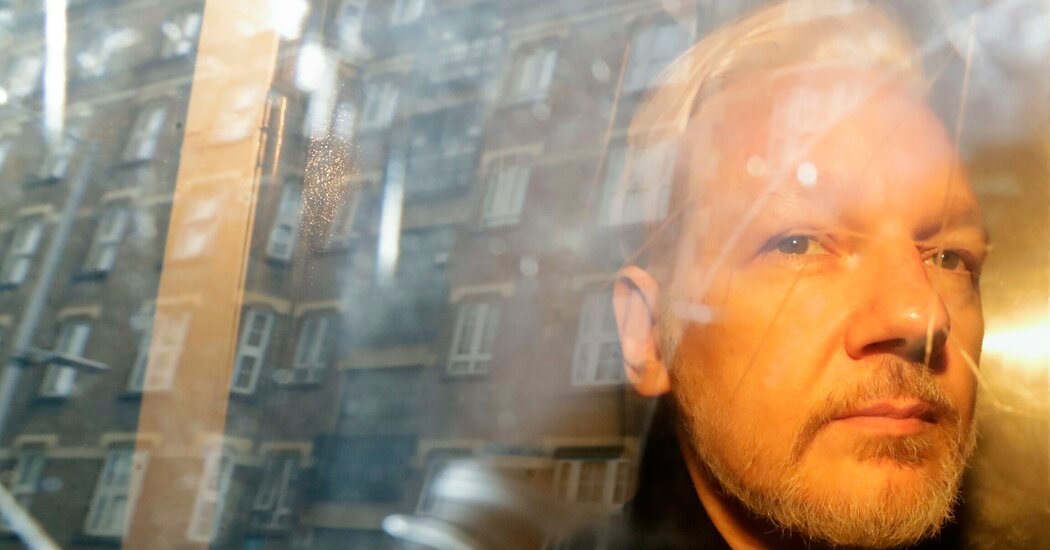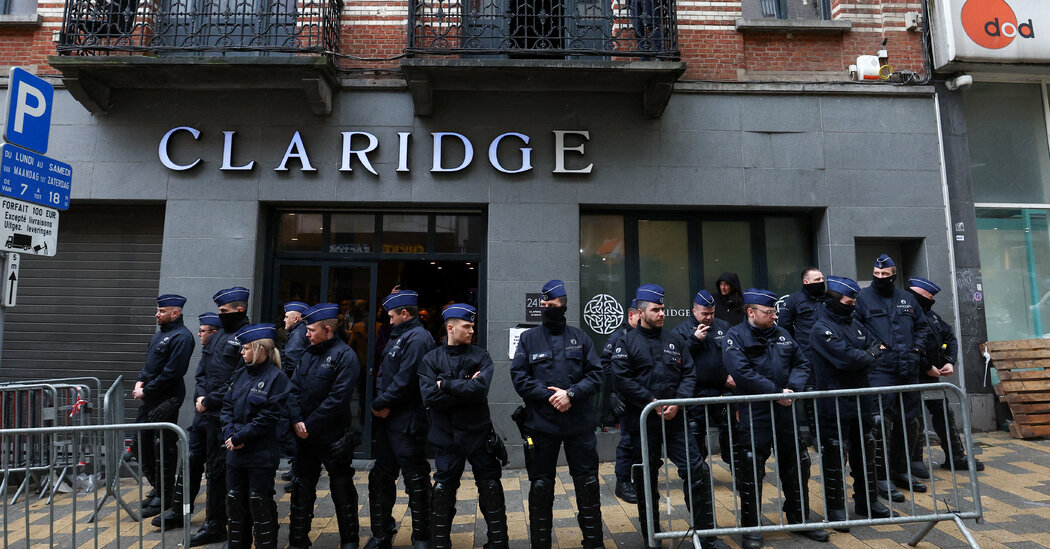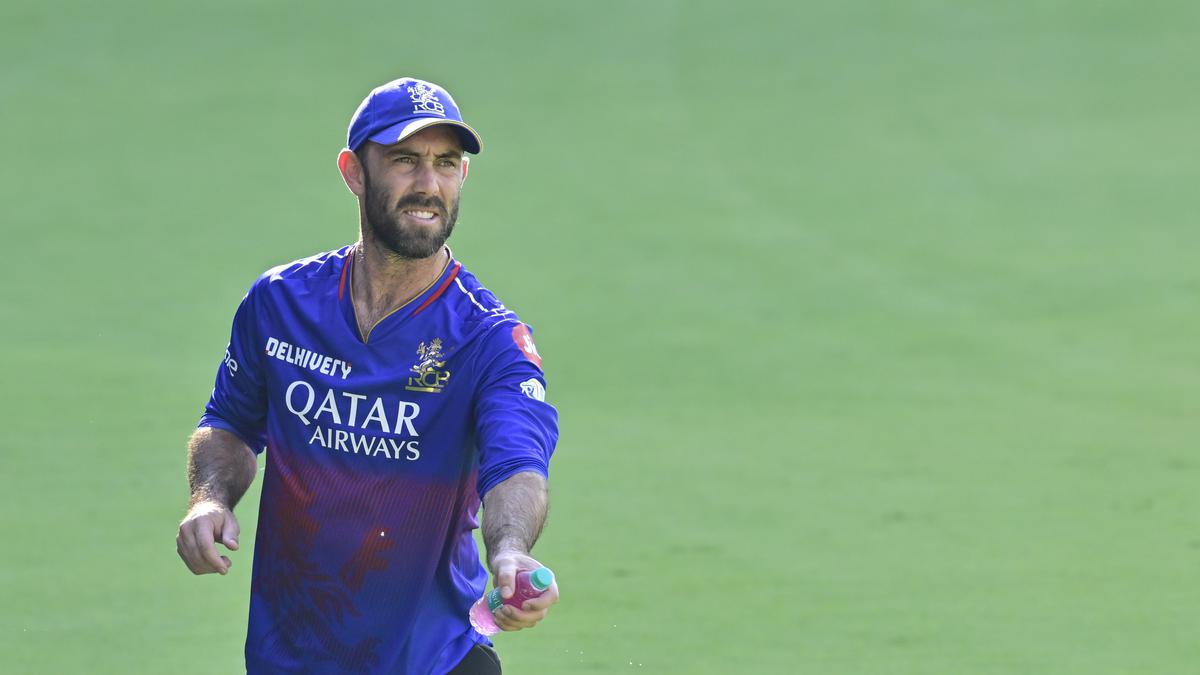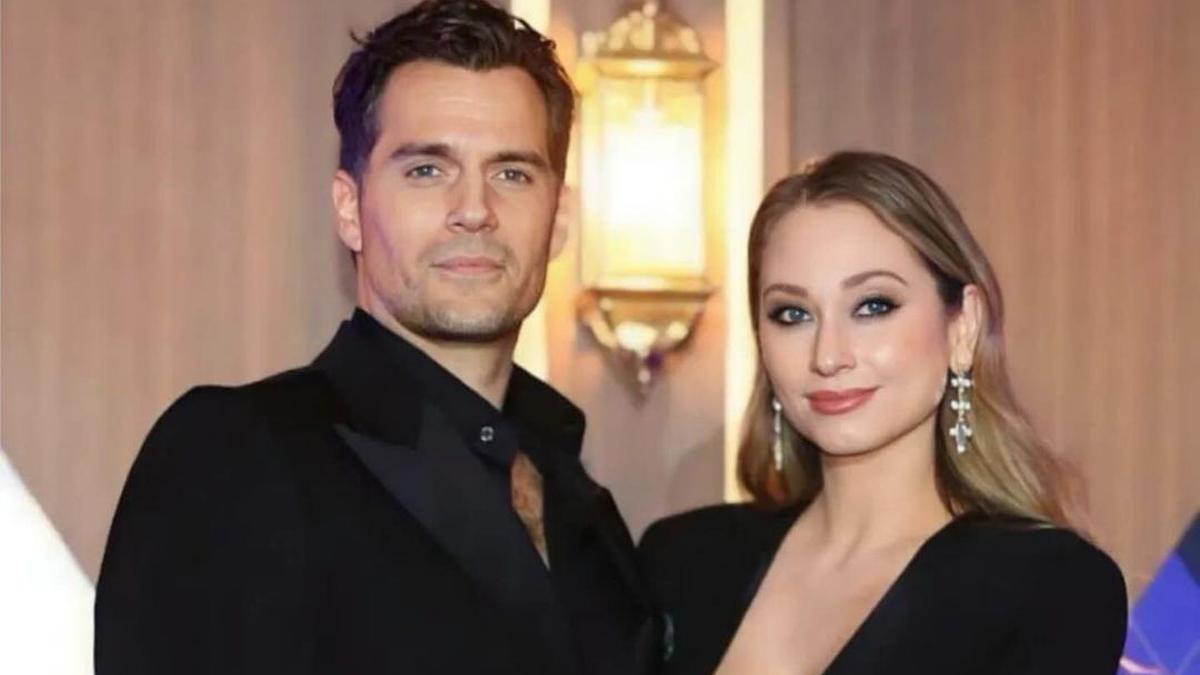[ad_1]
When a French Minister compared Italy’s nationalist Prime Minister Giorgia Meloni to Marine Le Pen, the leader of the French far-Right last year, the Italian Premier rang French President Emmanuel Macron to complain.
Ms. Meloni was so incensed that the French leader felt compelled to send an emissary to Rome to appease her, said two sources with knowledge of the conversations.
The Italian Premier’s message to Mr. Macron was clear, according to one of the sources: she was no Italian version of Ms. Le Pen.
Both Mr. Macron’s and Ms. Meloni’s office declined to comment on the incident, which has not been previously reported.
Ms. Meloni’s anger illustrates the depth of divisions within Europe’s nationalist Right that may stymie its efforts to wield power at a European Union (EU) level despite record support ahead of a European parliament election in June, according to half a dozen sources with knowledge of their parties’ strategy.
Polls predict that Europe’s nationalist and eurosceptic parties will win a record number of votes in June. Voters are expected to punish mainstream parties for failing to shield households from high inflation, curb immigration and deliver decent housing and healthcare.
A model constructed by the European Council on Foreign Relations , a policy think tank, using polls from EU countries forecast in January that a populist Right coalition of the Christian democrats, conservatives and radical Right could, in theory, emerge with a ruling majority in the European parliament for the first time.
Stark differences
But the prospect of a single, muscular bloc encompassing the far-Right emerging is slim amid stark differences between its leading figures, Ms. Meloni and Ms. Le Pen, the sources said.
Ms. Meloni de facto leads the hard-Right European Conservatives and Reformists (ECR) grouping within parliament, while Ms. Le Pen is a driving force in the more overtly anti-EU Identity and Democracy (ID).
A merger between their two groups at the European parliament is highly unlikely because Ms. Meloni’s strategy, now that she is in power, is to maximise Italian influence within Europe by collaborating with EU institutions, not fighting them, the sources said.
Ms. Le Pen, by contrast, is intent on demonstrating that “Macron’s Europe”, as she calls it, is failing common folks — even if she says she no longer advocates a French exit from the EU.
“What Meloni really wants is to form a coalition of the Right at the European parliament to be in a pivotal position,” Nicolas Bay, a French member of the European parliament, said. His party, Reconquete, a French far-Right rival of Ms. Le Pen’s, struck an alliance with Ms. Meloni last month.
The lack of a single, coherent policy platform will weaken the far-Right’s influence on matters ranging from trade relations with China to Europe’s response to the war in Ukraine, climate policy and immigration, analysts say.
Influence within the European parliament is vital for the composition of the European Commission — the bloc’s executive body which also has the responsibility of initiating EU legislation. The legislature has become more fragmented and uncertain as mainstream parties have lost ground in EU elections over the last decade.
Jean-Paul Garraud, the leader of Ms. Le Pen’s troops at the European parliament, accused the ECR of favouring Ukraine joining the EU, the sharing of migrants across European countries, and of trade deals that harm Europe’s agricultural sector.
“We have always stood against all these points,” he said.
On their website, ECR say they want a Europe that’s “safe and secure”, “an immigration system that works”, “all member states treated equally” and that they “stand with Ukraine”. A spokesperson declined further comment.
Across Europe, the far-Right is gaining momentum.
Rising Right
In France, Ms. Le Pen is polling 12 points ahead of Mr. Macron, while Germany’s Alternative for Germany (AfD) lies in second place nationwide. The Dutch Freedom Party won November’s election by a surprise margin, and Portugal’s Chega this month quadrupled its number of parliamentary seats.
Chega, the Freedom Party and AfD belong to ID, which is dominated by Ms. Le Pen’s Rassemblement National party. Surveys show the bloc is third in voting intentions behind the centre-Right European People’s Party (EPP) and centre-Left Alliance of Socialists and Democrats.
Narrowly trailing ID is the Ms. Meloni-led ECR, which houses Poland’s former ruling party.
Polls suggest an alliance between the two would leave Europe’s hard-Right in contention to become the leading political force in the next European parliament, ahead of the conservative EPP, which has dominated it in recent decades.
That would unleash a political earthquake. Leadership of the EU’s powerful executive, the European Commission, should be handed to the parliament’s largest group.
But political insiders on both sides of the Alps say Ms. Meloni’s decision to keep Ms. Le Pen at bay will prevent that.
A French diplomat, who asked not to be named because of the sensitivity of the issue, said Ms. Meloni’s strategy was to be at the heart of the game in Europe and seek a strong economic portfolio in the next Commission.
Her actions set her apart from Ms. Le Pen’s more protectionist rhetoric on the economy as well as the French politician’s past ties to Russia and her more ambiguous support for Ukraine.
[ad_2]
Source link





